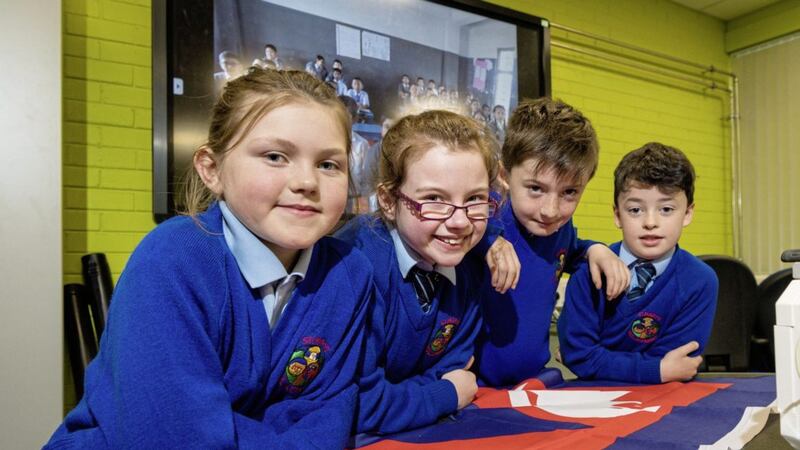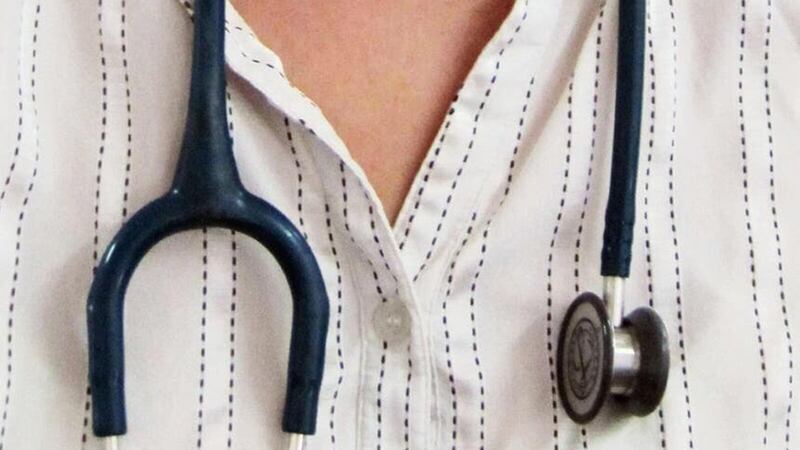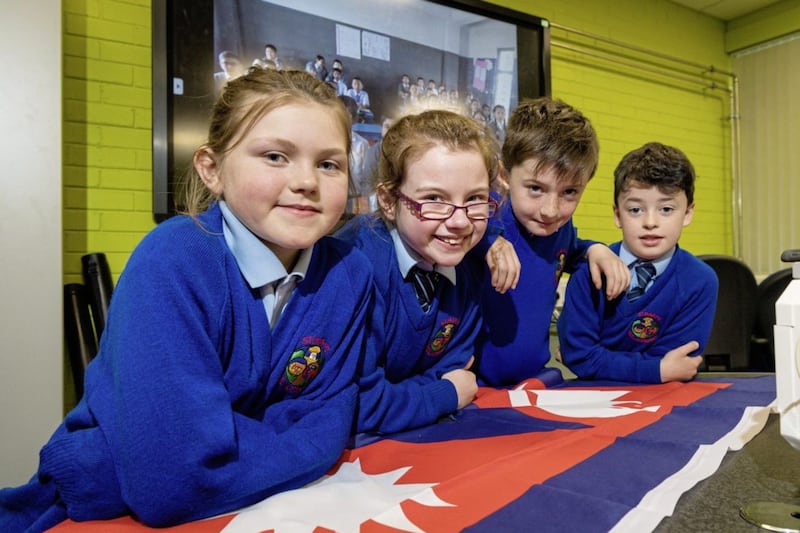A NEW programme aims to connect Northern Ireland schools with African, Asian and Middle Eastern classrooms.
Connecting Classrooms through Global Learning (CCGL) will benefit more than three million pupils worldwide.
School partnerships are available with more than 30 countries across the world.
It will also train 60,000 teachers and school leaders in the UK and developing countries to equip pupils with the knowledge, skills and attitudes to make a positive contribution toward a more fair and equal world.
The Department for International Development and British Council programme is delivered in Northern Ireland in conjunction with the Centre for Global Education (CGE).
It focuses on the UN's 17 Sustainable Development Goals, which aim to eradicate poverty in all its forms everywhere. It builds on the British Council's previous Connecting Classrooms programme, which ran from 2015 to 2018, and involved more than 5,000 schools working in partnership and reached more than one million children.
One school set to benefit from the new programme is St Mary's PS in Mullaghbawn, Co Armagh. The school, which was part of the previous Connecting Classrooms programme, leads a cluster of nine schools across Northern Ireland who partner with schools in Nepal.
St Mary's is currently partnered with Jhapa Model English School and hopes to promote gender equality through coding.
Ciara Crawley, St Mary's international coordinator said the initial project together was around eco-schools and the environment and it created a virtual classroom for pupils in both countries.
"This year, we are looking to build on this theme, but bring in the idea of coding and focus on raising the profile of girls, both here and in Nepal," she said.
"As part of the new programme, schools are offered grants to visit their partner school and we are hoping to welcome the Nepalese teachers to Northern Ireland this April and show them a warm welcome. The pupils love to see visitors coming to the school and we hope to get both the community and parents involved.
"The visits make us really appreciate what we have here in Northern Ireland and show us that we really are doing a great job. We have wonderful children and through international projects they not only learn about their own country, but also about others and it's so important - especially now - to give them that international outlook."
British Council Northern Ireland director Jonathan Stewart said the programme helped young people develop the knowledge, skills and understanding needed to thrive in an increasingly global society.
"The partnership between Northern Ireland schools and those in Nepal show the huge impact these connections can have on pupils, teachers and the local community. We hope schools across Northern Ireland sign up to take part," he said.
Orla Devine, CGE programme manager, said teachers would be equipped to prepare learners "for an increasingly interdependent world and to support them to learn, collaborate and take action on local and global issues alongside their peers from the global south".
Schools interested in being part of CCGL can sign up and find a partner school on www.britishcouncil.org/connectingclassrooms. The next deadlines for applications are March 25 and June 17.




